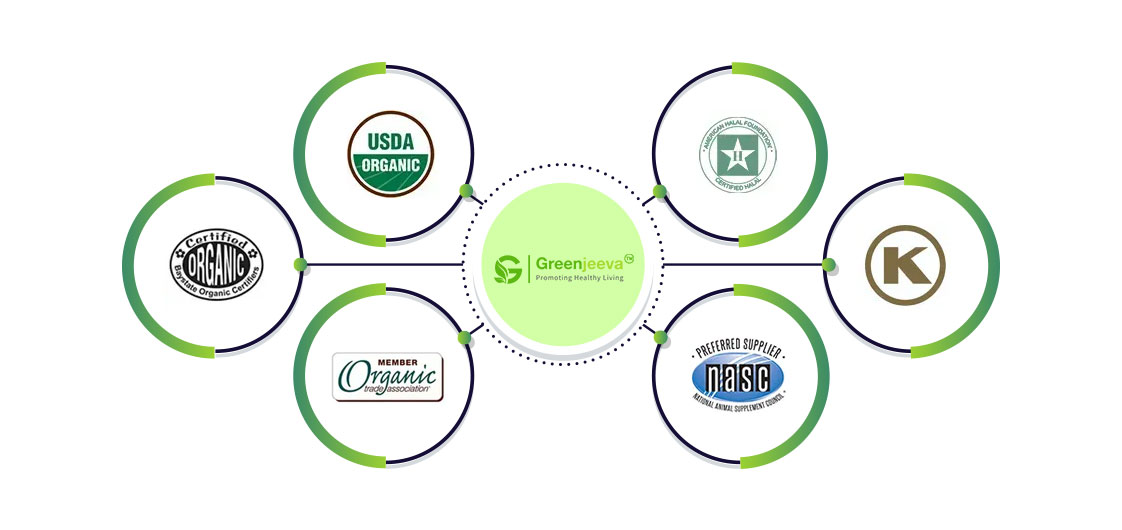
In today's health-conscious world, "organic" has become more than a buzzword; it promises purity, sustainability, and ethical practices. Consumers eagerly seek organic products, trusting them to be free from harmful chemicals, GMOs, and synthetic additives. But deciphering the myriad organic certifications can be daunting for businesses navigating the complex world of organic ingredient sourcing.
This blog post delves into the intricate world of organic standards, equipping you with the knowledge to confidently source ingredients that meet your brand's values and resonate with your customers.
There's no single "one size fits all" organic certification. Different regions and organizations have their own sets of standards, each with varying degrees of stringency.
Understanding some of the major players can shed light on the landscape:
USDA National Organic Program (NOP): The gold standard in the US, NOP boasts comprehensive regulations for the production, handling, and processing of organic products. Products bearing the USDA Organic seal must fulfill strict requirements regarding soil health, pest control, and prohibited substances.
European Union Organic Standards: Similar to NOP, EU Organic regulations cover all aspects of organic production within the EU. Products labeled "EU Organic" comply with stringent environmental and animal welfare standards.
Private, Independent Certifications: Several independent organizations, like ECOCERT, Soil Association, and Demeter, offer organic certifications with specific focuses or stricter standards than broader regulations. These can cater to niche markets or address consumer concerns that regulatory standards may not.
Choosing the right organic certification for your ingredients depends on several factors:
Target Market: USDA Organic might be essential if you primarily target US consumers. However, EU or independent certifications might be more relevant for exports or specific niche markets.
Ingredient Type: Different regulations apply to agricultural products, processed foods, and even textiles. Ensure the chosen certification aligns with your ingredient category.
Brand Values: Some certifications might emphasize fair trade practices, animal welfare, or environmental protection. Choose one that aligns with your brand's core values and resonates with your customers.

Organic certification is a valuable starting point, but going beyond the label is crucial. Here's how to ensure responsible sourcing:
Build Relationships with Suppliers: Develop partnerships with farmers and processors who share your commitment to organic principles. Transparency and open communication are key.
Investigate Beyond Certification: Understand your suppliers' specific practices and values, even if they hold the desired certification.
Conduct Regular Audits: Implement internal quality control checks and conduct regular audits to verify adherence to organic standards and your sourcing policies.
Understanding organic certifications empowers businesses to make informed organic ingredient sourcing decisions that align with their values and attract conscious consumers. It's about building trust, fostering sustainability, and delivering on the promise of purity that the "organic" label implies. Remember, navigating the complex world of organic standards is an ongoing journey. Still, the rewards of transparency, ethical sourcing, and building a truly sustainable brand are well worth the effort.
For customers looking for organic and conventional raw ingredients with same-day shipping in and around Canada, visit Green Jeeva Canada.
**The Food and Drug Administration has not evaluated these statements. This product is not intended to diagnose, treat, cure, or prevent any disease.**